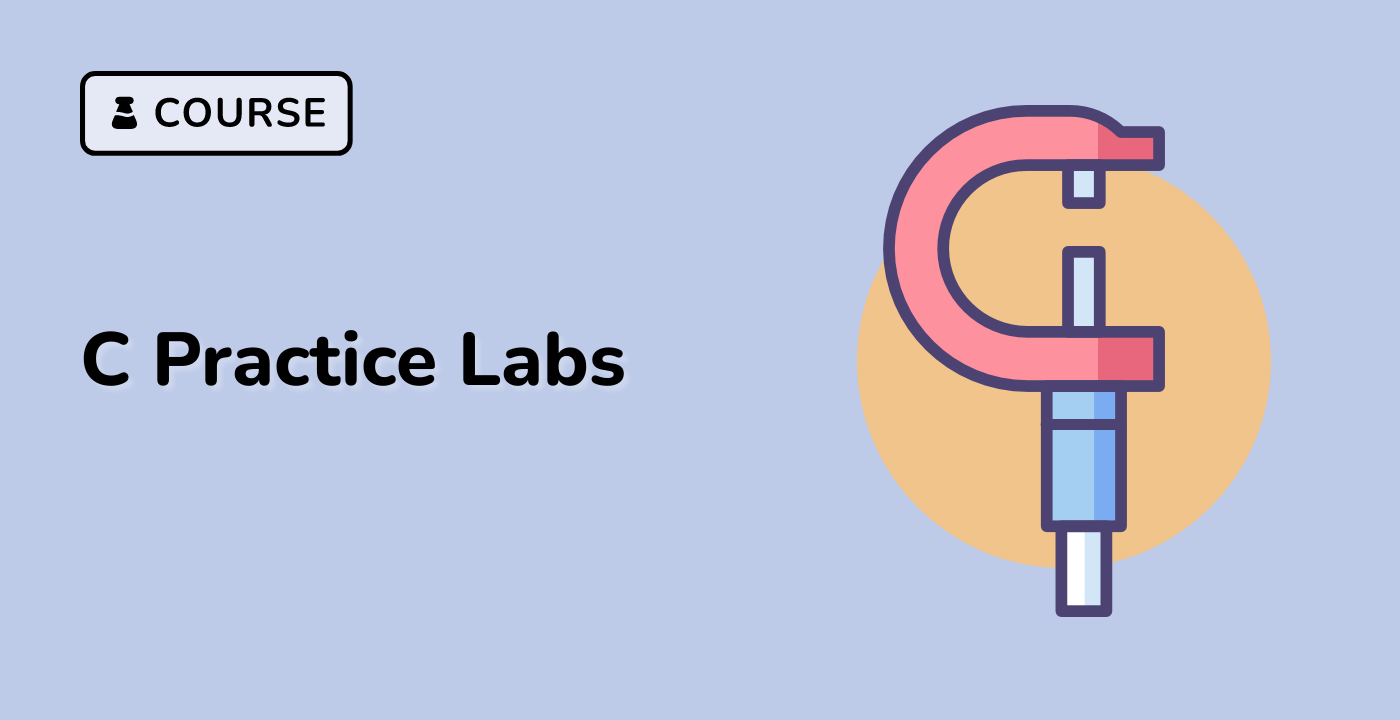Practical Integration
Real-World Library Integration Scenarios
Selecting the Right Library
graph TD
A[Library Selection] --> B{Criteria}
B --> |Performance| C[Benchmark]
B --> |Functionality| D[Feature Match]
B --> |Community Support| E[Active Development]
B --> |Licensing| F[Compatible License]
Popular C Libraries for Different Use Cases
| Domain |
Recommended Library |
Purpose |
| Networking |
libcurl |
HTTP/HTTPS Requests |
| JSON Parsing |
cJSON |
Data Interchange |
| Mathematical |
GSL |
Scientific Computing |
| Cryptography |
OpenSSL |
Security Operations |
Practical Example: JSON Processing with cJSON
Installation
## Install cJSON development package
sudo apt-get install libcjson-dev
Sample Integration Code
#include <cjson/cJSON.h>
#include <stdio.h>
int main() {
// Create JSON object
cJSON *root = cJSON_CreateObject();
cJSON_AddStringToObject(root, "name", "LabEx Developer");
cJSON_AddNumberToObject(root, "age", 25);
// Convert to string
char *json_string = cJSON_Print(root);
printf("%s\n", json_string);
// Clean up
cJSON_Delete(root);
free(json_string);
return 0;
}
Compilation Command
gcc json_example.c -lcjson -o json_example
Dependency Management
Tracking Library Dependencies
graph LR
A[Project] --> B[Identify Dependencies]
B --> C[Version Control]
C --> D[Automated Installation]
D --> E[Consistent Environment]
Advanced Integration Techniques
Using pkg-config
## Automatic flag retrieval
gcc $(pkg-config --cflags --libs libraryname) source.c -o program
Error Handling and Debugging
Common Integration Challenges
| Issue |
Solution |
| Undefined Symbol |
Check library linking |
| Version Mismatch |
Update library/code |
| Runtime Errors |
Use debugging tools |
Best Practices in LabEx Development
- Use standardized compilation methods
- Maintain clear library documentation
- Implement robust error handling
- Keep libraries updated
- Minimize unnecessary library imports
- Choose lightweight libraries
- Profile and benchmark library usage
Security Recommendations
- Verify library source and reputation
- Keep libraries updated
- Use libraries with active security maintenance
Conclusion: Effective Library Integration
Successful library integration requires:
- Careful selection
- Proper compilation
- Consistent management
- Ongoing maintenance
By following these strategies, developers can leverage external libraries effectively in their C programming projects.




